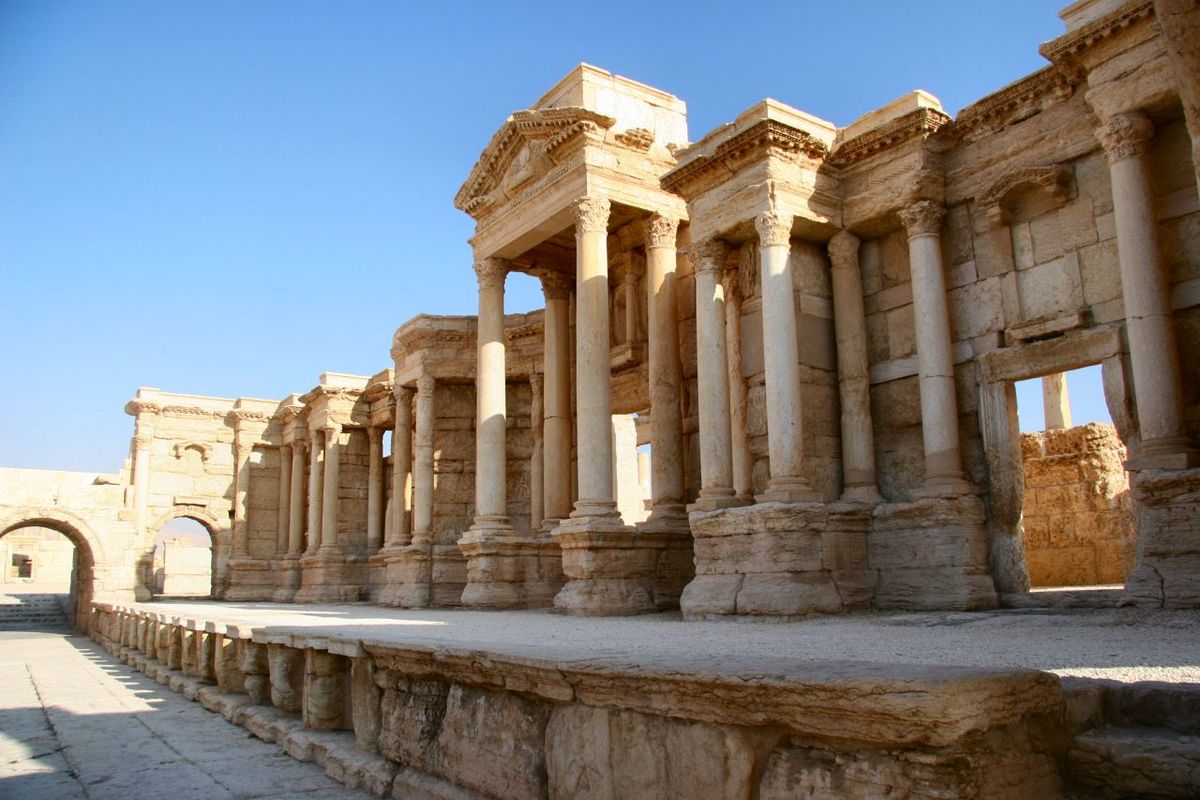Background Info:
Before the Muslim Conquest of Egypt (639-646) by the Rashidun Caliphate, the Copts made up the majority of Egypt since the 3rd century. After the conquest took place, the Arabs settled in Egypt bringing along the religion of Islam with them. The Copts faced persecution and discrimination under the caliphate. The jizya tax and the dhimmi status were implemented on them. Today Egypt is an Islamic Arab country with the Copts making up 5-20% of the population in Egypt but remains the largest religious minority in the Middle East and North Africa.
Links to the articles:

 en.wikipedia.org
en.wikipedia.org

 en.wikipedia.org
en.wikipedia.org
But what if the conquest of Egypt were prevented by the Byzantine Empire (A.K.A. the Eastern Roman Empire)?
How would a Coptic majority Egypt affect TTL?
(Feel free to call me out for any mistakes I made)
Before the Muslim Conquest of Egypt (639-646) by the Rashidun Caliphate, the Copts made up the majority of Egypt since the 3rd century. After the conquest took place, the Arabs settled in Egypt bringing along the religion of Islam with them. The Copts faced persecution and discrimination under the caliphate. The jizya tax and the dhimmi status were implemented on them. Today Egypt is an Islamic Arab country with the Copts making up 5-20% of the population in Egypt but remains the largest religious minority in the Middle East and North Africa.
Links to the articles:

Copts - Wikipedia

Arab conquest of Egypt - Wikipedia
But what if the conquest of Egypt were prevented by the Byzantine Empire (A.K.A. the Eastern Roman Empire)?
How would a Coptic majority Egypt affect TTL?
(Feel free to call me out for any mistakes I made)
Last edited:
